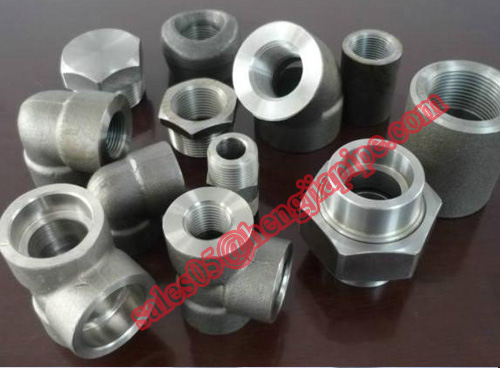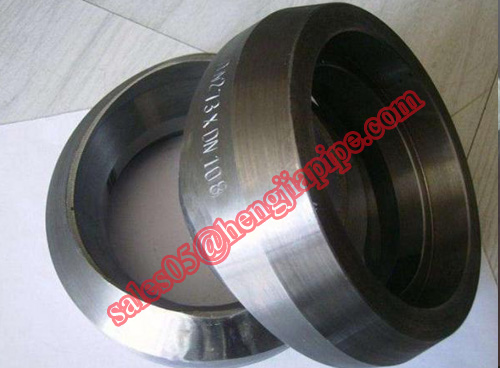·The national four emission standards provoke the lubricant market nerve
Recently, the Ministry of Environmental Protection issued a notice stating that from July 1, 2013, all the compression ignition engines and automobiles used for production, import, sale and registration must comply with the requirements of the National IV emission standards. In addition, the Beijing Municipal Environmental Protection Bureau also announced that Beijing will take the lead in implementing the national V motor vehicle emission standards in the country, and the timetable is determined in the second half of this year. The implementation time of the National IV emission standard was finalized, which caused great repercussions in the industry, including the engine and aftertreatment equipment related industries. It is understood that this move also provoked the nerves of the lubricant market. ■National IV standard will smash the lubricant market From the process of previous emission upgrades, there is an inevitable connection between the product structure adjustment of the lubricant market and the upgrading of vehicle emissions. At present, China's diesel vehicle emissions need to reach the national III level, and the engine must be equipped with an exhaust gas recirculation device (EGR). However, the loading of EGR deteriorates the operating conditions of the engine oil, and thus problems such as accelerated deterioration of the lubricating oil and wear of the engine occur. According to reports, this is mainly due to the fact that the exhaust gas circulating in the combustion chamber increases the amount of soot that breaks into the lubricating oil, thereby causing an increase in insoluble matter in the lubricating oil. Therefore, the engine equipped with the exhaust gas recirculation system must fully improve the quality of the lubricating oil, and ensure that the lubricating oil has excellent thermal stability, oxidation resistance and soot treatment ability to meet the EGR requirements. Engine emissions have been upgraded from the National III standard to the National IV standard. There are two technical routes in China: one is high pressure common rail + SCR, and the other is EGR + DPF (particle trap) / POC (particulate catalytic oxidizer) . The technical staff of China National Petroleum Lubricants Company told reporters that Europe uses CJ-4 to meet the requirements of the SCR technical route. “Which grade of lubricant is used depends on the engine technology. From a foreign perspective, the current practice is that for high pressure common rail + SCR, CJ-4 grade lubricant is used.†In the domestic diesel engine lubricant market, CF-4 grade products have become popular products, directly replacing low-end products; and the market for CH-4 and above products is rapidly expanding. With the implementation of the National IV emission standards, higher-level products such as CI-4 will be directly driven, and its market performance will be different. ■CH-4 or the new darling of the lubricant market According to the technical personnel of China National Petroleum Lubricants Company, from the current market situation, CH-4 and CF-4 are still the mainstream lubricants selected for domestic commercial vehicles. If the National IV emission standard can be implemented as scheduled in July next year, the CF-4 diesel engine lubricant will gradually fade out of the market as the emission upgrades. If the lubricating oil does not meet the EGR requirements, the engine will cause unnecessary wear due to the increased amount of soot, shortening the life of the engine. If domestic companies use EGR+DPF to meet National IV emission standards, at least CI-4+ lubricants should be used. Some insiders believe that for the lubricant industry, the implementation of the commercial vehicle IV emission standard means that the CH-4 grade lubricant that meets the national III emission standard will become the main market sales product this year. Compared with the lower level of CF-4 lubricants, the overall sales volume in the industry is expected to decline significantly this year. After the second half of next year, with the full implementation of the National IV standard, CI-4 lubricants, which are the most suitable configuration for the National IV commercial vehicles, will usher in a major outbreak of sales. An engineer from the Beijing R&D Center of Sinopec Lubricants Co., Ltd. said: “According to the standard, the engine oil that meets the national III emission standard should be CH-4, but in addition to CH-4 and CF-4, which are commonly used in the market today. The implementation of IV emission standards will definitely promote the development of the CI-4 market. From the domestic market point of view, CI-4 is more adopted by the public transport system." The company has made a technical reserve Qingdao Compton Technology Co., Ltd., a high-end product market for positioning lubricants, is a professional manufacturer and service provider of lubricants and car care products. The relevant person in charge of the company said: "The low-end products in the Chinese lubricant market occupy a large share, and the product quality is low. This is an indisputable fact. Compton has been concerned about the upgrading of oil and the implementation of emission regulations, and We plan to continuously upgrade our product structure to ensure that new specifications are launched simultaneously with the US market. Currently, our company sells CF-4 and above products, which accounts for 85% of the entire product line. High-end CI-4 and CJ-4 products also It has already been put into the market and can fully meet the requirements of relevant regulations." Shell Uniform (Beijing) Petrochemical Co., Ltd. stands at the forefront of new product development with the continuous introduction of higher emission standards and the awareness of lubricant consumption. The person in charge of the technical department of the company told the reporter: "The performance of diesel engine oil products of unified lubricants is particularly outstanding. The three product lines of Oil Pressure King, Resistant King and Super Sticky King have CI-4 grade products, which fully meet the national IV emission standards. Among them, the hydraulic king series also has a higher level of CJ-4 grade products. Currently, we focus on the CH-4 series products that meet the national III standard, which uses refined base oils and high-efficiency composite additives. With better fuel economy, anti-wear performance and fuel consumption control. As the implementation time of National IV emission standards approaches, we will gradually shift our focus to products of CI-4 and above." The technical personnel of China National Petroleum Lubricants Co., Ltd. stated that all the companies in the industry have certain technical reserves for lubricant products that meet the national IV emission standards. The specific development of the market situation in the future depends mainly on the technical route adopted by the engine to achieve the national IV. The final market demand.
Different from butt weld fittings, some pipe fittings are produced by forging method, they are called forged pipe fittings, including forged O-lets, nipple, union, plug,coupling and so on. According to difference in connection type, there are socket weld pipe fittings and Threaded Pipe Fittings.They belong to high pressure forged pipes, pressure for SW fittings shall be 3000# ,6000# ,9000#. The pressure of forged NPT fittings shall be 2000#,3000#,6000#.
Forged Elbows, tees,crosses, couplings,half-couplings,plug,bushing are covered by standard ASME B16.11. Their size is not very big. The size for ASME B16.11 forged fittings is 1/8``-4``.
As for branch outlet fittings, the manufacture standard for weldolet, sockolet, threadolet is MSS SP-97.
Forged Pipe Fittings Forged Carbon Steel Pipe Fittings,Forged Weldolets,Threaded Pipe Fittings,High Pressure Forged Fittings CANGZHOU HENGJIA PIPELINE CO.,LTD , http://www.czhjpipe.com
